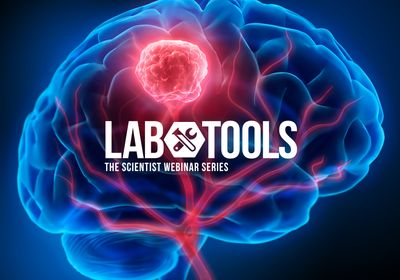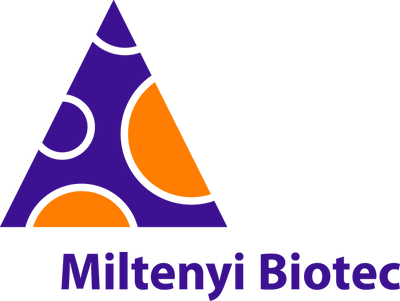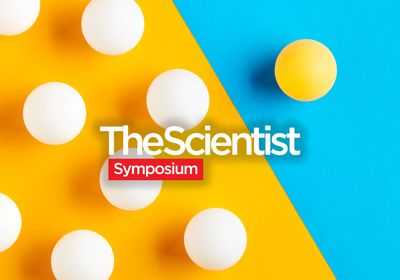ABOVE: A triple-negative breast cancer cell undergoing cell death following drug treatment (actin in red, mitochondria in green, cell nuclei in blue) National Cancer Institute, University of Pittsburgh Cancer Institute
EDITOR’S CHOICE IN CANCER
Triple-negative breast cancer is one of the most aggressive breast cancers because of its resistance to treatments. However, recent studies have shown that fasting-mimicking diets—which include roughly 50 percent fewer calories and reduced proteins and sugars compared to average diets—can slow tumor growth.
Giulia Salvadori, a postdoc at the FIRC Institute of Molecular Oncology (IFOM) in Italy, studied the mechanism behind how fasting affects tumors in biogerontologist Valter Longo’s lab. Their team experimented with cancer stem cells, both those cultured on nutrient-poor substrates and those in mice given a fasting-type diet. The results showed that lower glucose levels in the nutrient-poor conditions downregulated protein kinase A, an enzyme that promotes cancer cell growth and spread. This resulted in fewer and smaller tumors and longer mouse survival.
Cancer cells that had already differentiated into mature tumor cells in mice, however, adjusted metabolically to low glucose, activating alternate “starvation escape pathways” to survive. Longo explains that “if you have the fasting-mimicking diet, the cancer rewires and just finds a few ways to stay alive.” But this behavior presents therapeutic opportunities too: “If you block those [pathways], then it’s in trouble.” Indeed, treating mouse tumors with a three-drug combination paired with a restricted diet killed cancer cells while avoiding damage to non-cancerous cells, findings that Salk Institute molecular biologist Satchin Panda, who was not involved in the work, calls “really impressive.”
The study also examined retrospective data from 81 triple-negative breast cancer patients and found that lower blood glucose levels correlated with higher survival rates, though Longo notes the need for clinical trials to validate the effect. If the combination treatment was also successful in humans, Panda adds, researchers “[wouldn’t] have to make a new drug discovery,” but could instead use “existing drugs to improve survival.”
G. Salvadori et al., “Fasting-mimicking diet blocks triple-negative breast cancer and cancer stem cell escape,” Cell Metab, 33:2247–59, 2021.








